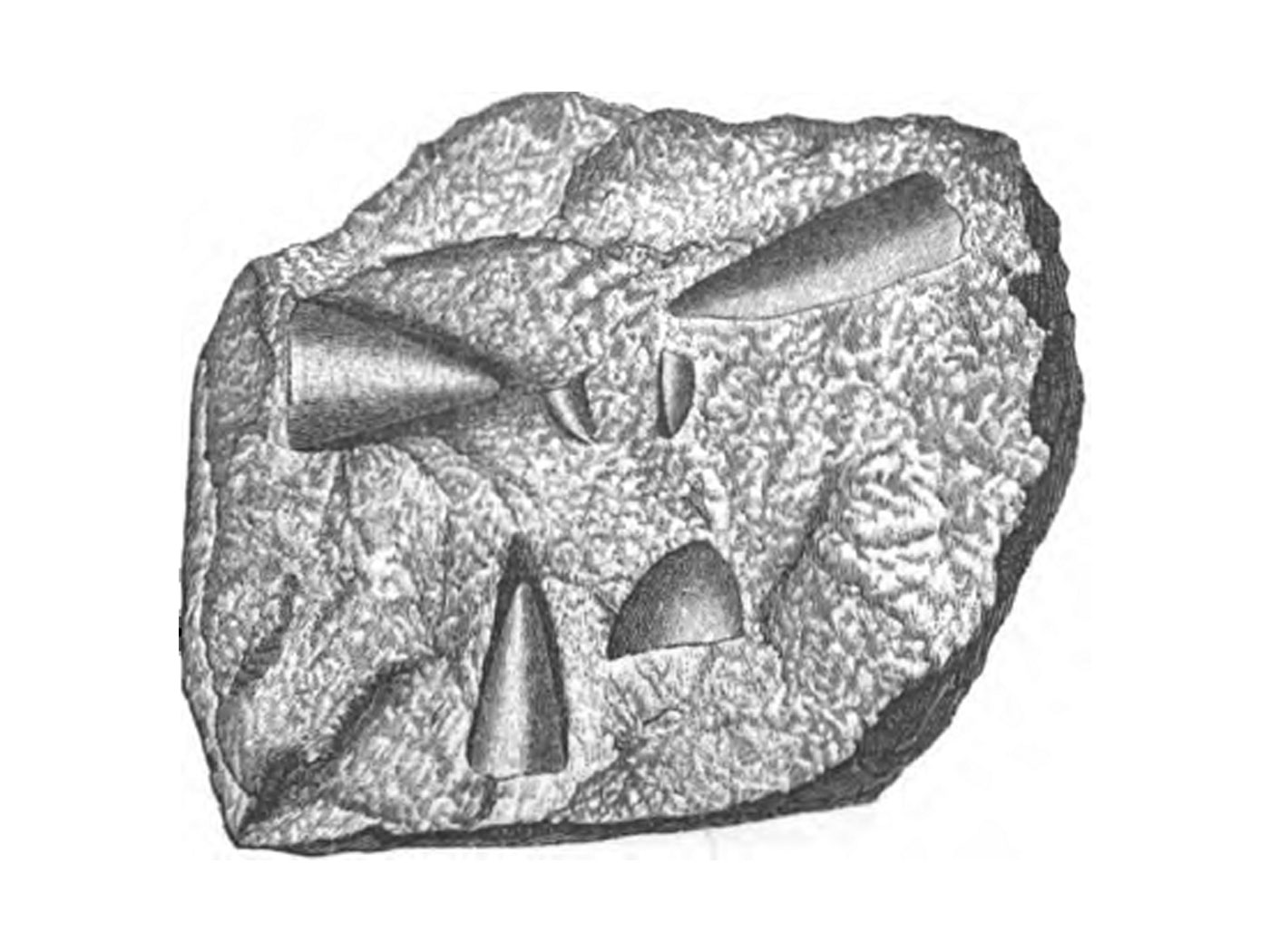If you are like me, each day’s mail—both at home and at the office—brings a good number of urgent appeals for donations. These are roughly divided among political, religious, and charitable causes, and no doubt most are legitimate and worthy of support. But their very numbers are wearisome to me, and I’ve quit reading many of them.
The same is true for telephone solicitations. Why do telemarketers always seem to call at dinnertime or on Sunday afternoons after church? I now routinely screen my calls and even turn the ringer off on occasion (especially during political campaigns). This has been my experience at least, and I suspect most of you can relate.
There was a time when I evaluated all such appeals carefully, and I have given to many of them. But my contributions seem to quickly proliferate into additional appeals—not only from the organizations that I’ve given to but also from many others I’ve never heard of. This is known as “foraging,” the practice of buying mailing lists from other groups in order to send frequent appeals to more people. The idea is that the larger the foraging area, the more you can expect to take in—and there is some wisdom in this approach. Unfortunately, most institutions do it too much and too often, which can cause donor fatigue in those who may be truly concerned about giving.
Such appeals are often written by professional fundraising organizations that receive a generous portion of the campaign results as part of their compensation. These missives typically contain multiple pages of touching stories and emotional pleas filled with frequent underlining, highlighted text, and plenty of exclamation points (!!!). This approach seems to work for many companies, and perhaps the end justifies the means when the mission is for a worthy cause. But we have never felt that ICR should operate this way.
Obviously, ICR needs a significant amount of financial support, and most of this must come from concerned believers on our mailing list. However, our methods have always focused more on “sowing” in the lives of believers rather than “foraging” for potential donors. This approach has certain distinctions that we believe are soundly biblical.
For instance, ICR does not buy, rent, or borrow mailing lists from other organizations, nor do we allow others to buy, rent, or borrow ours. As far as we know, everyone on our mailing list has personally requested to be on it. And judging from the wonderful testimonies we receive after each free issue of Acts & Facts and Days of Praise goes out, many people have been helped or blessed in some way by these publications.
ICR never uses telephone solicitors. Nor do we send many appeal letters—usually one or two each year and, even then, we only contact those whom we have not heard from in a while. We also do not go into debt. Consequently, we do not need to make urgent appeals in order to function.
Lastly, ICR sends gifts to all our recent donors every quarter and to every donor at Christmas (usually a book, tract, or DVD), which we hope will be a blessing in their personal ministry. We include a short letter with each gift that primarily expresses our thankfulness for our supporters. Its final paragraph contains a sentence or two about our financial needs and asks our supporters to consider ICR in their giving plans as the Lord leads.
And that’s it.
In spite of our low-key fundraising approach, God has blessed these policies and the ICR ministry for over four decades now. We see no need to forage anyone’s mailing list for support, preferring instead to sow in the hearts and minds of fellow believers, encouraging and strengthening their witness for Christ. As long as we continue to honor God and His Word, we are confident that, through His people, He will supply our needs and accomplish the work He wants us to do.
* Mr. Morris is Director of Donor Relations at the Institute for Creation Research.


















